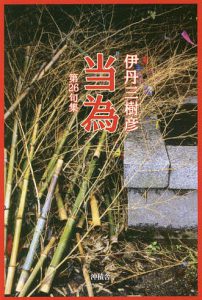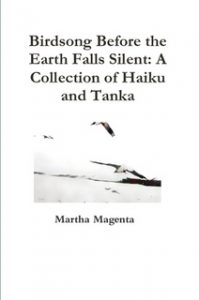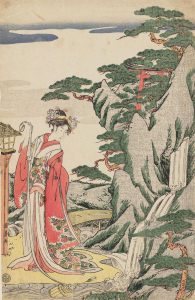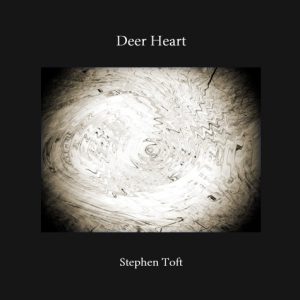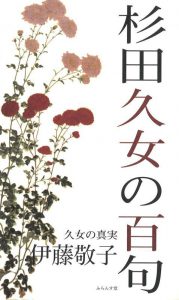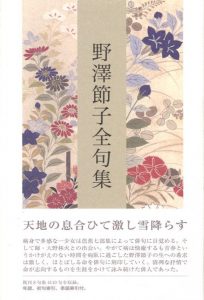
天地の息合ひて激し雪降らす
ametsuchi no iki aite hageshi yuki furasu
un tutt’uno il respiro
di cielo e terra –
tempesta di neve
木の葉散る金色に刻染まりつつ
konoha chiru kin’iro ni toki somaritsutsu
cadono le foglie –
un istante
sfuma nell’oro Leggi tutto “Cinque haiku di Setsuko Nozawa”
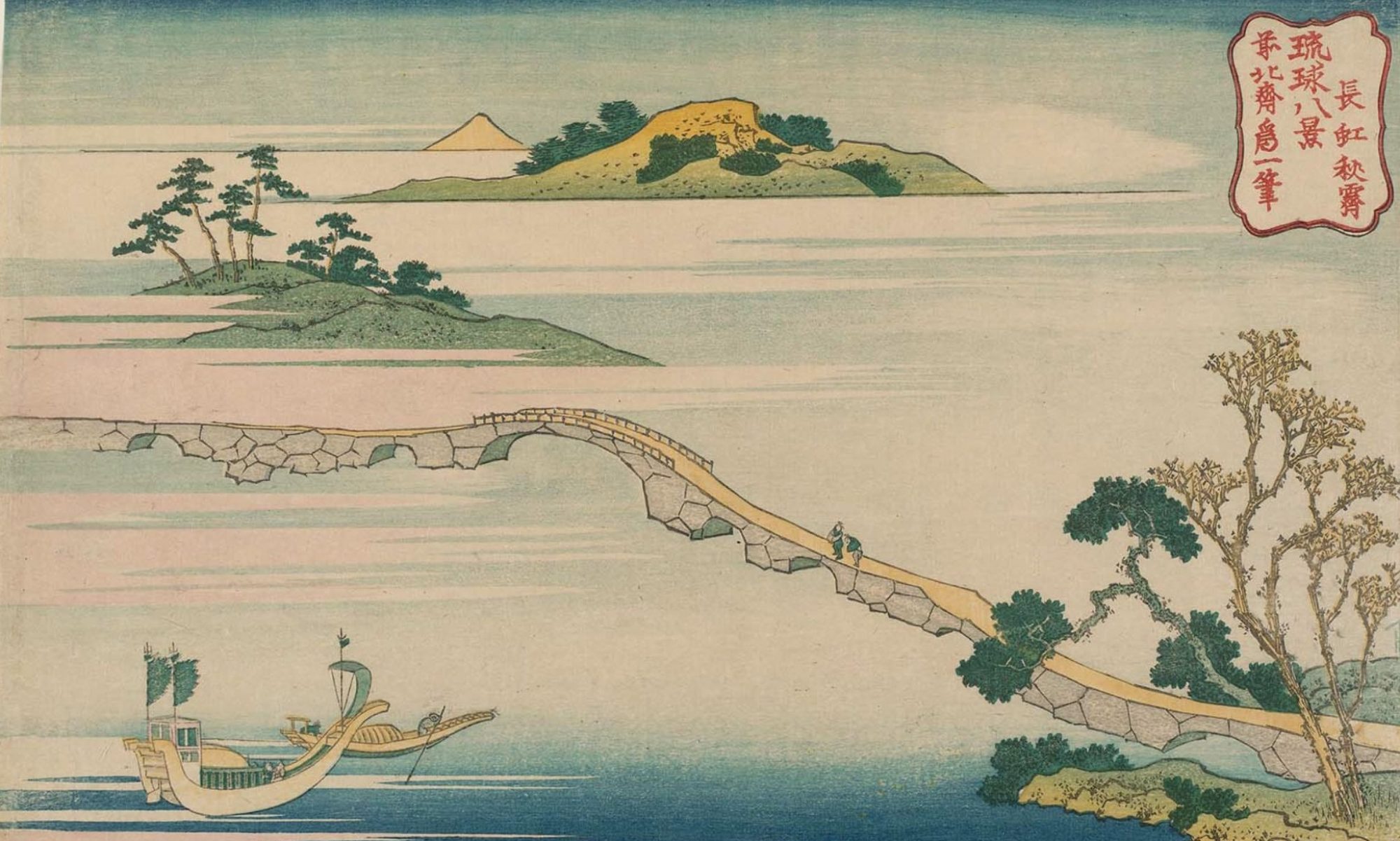
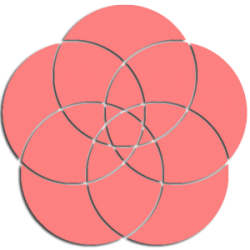
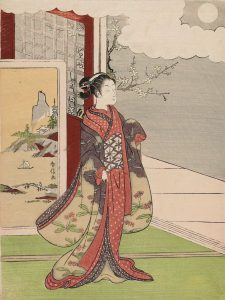 A two-line ku with 7 syllables only that is capable of evoking –thanks to its brevity– an indefinite series of suggestions in the reader’s mind.
A two-line ku with 7 syllables only that is capable of evoking –thanks to its brevity– an indefinite series of suggestions in the reader’s mind.